Mechanical Engineering
The department of Mechanical engineering is putting the best efforts to make students with sound technical foundation in Mechanical Engineering. Mechanical engineers use the principles of energy, materials and mechanics to design and manufacture machines and devices of all types. They create the process and systems that drive technology and industry. The department aims to provide environment for idea building and its implementation to boost students’ confidence and make them employable. The faculty aims at putting extra ordinary effort towards motivating the students by arranging various guest lectures, expert lectures, projects, industrial visits and in-plant training. The Department is actively associated in mentoring the students by nurturing them with inputs from various basic and specialized subjects including Production, Industrial, Thermal and Design Engineering. The Department has well equipped laboratories for the students and workshop with modern equipment.
Vision
Produce comprehensively trained socially responsible, innovative Mechanical Engineers to contribute to the techno-economic development.
Mission
M 1: Provide sound technical foundation in Mechanical Engineering through comprehensive Curriculum and application oriented learning. M 2: Provide ambience for professional growth and lifelong learning for adapting to Challenges in rapidly changing technology. M 3: Inculcate social and ethical values through extra-curricular activities.
Program Educational Objectives (PEO)
Program Educational Objectives
- PEO1 : Apply the knowledge of Mechanical Engineering to identify and solve the technical Problems.
- PEO2 : Excel in professional career, exhibit leadership qualities with ethics and soft skills.
- PEO3 : Develop an urge towards lifelong learning and success in industry or higher Education.
Program Educational Objectives
- PEO1 : Provide socially responsible, environment friendly solutions to Mechanical engineering Related broad-based problems adapting professional ethics.
- PEO2 : Adapt state-of-the-art Mechanical engineering broad-based technologies to work in Multi-disciplinary work environments.
- PEO3 : Solve broad-based problems individually and as a team member communicating Effectively in the world of work.
Program Specific Objectives (PSO)
Program Specific Outcomes
- PSO1 : Apply their knowledge in the domain of engineering mechanics, thermal and fluid Sciences to solve engineering problems utilizing advanced technology.
- PSO2 : Successfully apply the principles of design, analysis and implementation of Mechanical Systems which have been learned as a part of the curriculum.
- PSO3 : Develop and implement new ideas on product design and development with the help Of Modern CAD/CAM tools, while ensuring best manufacturing practices.
Program Specific Outcomes
- PSO1 : Modern Software Usage : Use latest Mechanical engineering related software’s for Simple design, drafting, manufacturing, maintenance and documentation of mechanical Engineering components and processes.
- PSO2 : Equipment and Instruments : Maintain equipment and instruments related to Mechanical Engineering.
- PSO3 : Mechanical Engineering Processes : Manage Mechanical engineering processes by Selecting and scheduling relevant equipment, substrates, quality control techniques, and Operational parameters.
Program Outcomes (PO)
Program Outcomes
- PO1 : Basic knowledge : An ability to apply knowledge of basic mathematics, science and engineering to solve the engineering problems.
- PO2 : Discipline knowledge : An ability to apply discipline - specific knowledge to solve core and/or applied engineering problems.
- PO3 : Experiments and practice : An ability to plan and perform experiments and practices and to use the results to solve engineering problems.
- PO4 : Engineering Tools : Apply appropriate technologies and tools with an understanding of the limitations.
- PO5 : The engineer and society : Demonstrate knowledge to assess societal, health, safety, legal and cultural issues and the consequent responsibilities relevant to engineering practice.
- PO6 : Environment and sustainability : Understand the impact of the engineering solutions in societal and environmental contexts, and demonstrate the knowledge and need for sustainable development.
- PO7 : Ethics : Apply ethical principles and commit to professional ethics and responsibilities and norms of the engineering practice.
- PO8 : Individual and team work : Function effectively as an individual, and as a member or leader in diverse/multidisciplinary teams.
- PO9 : Communication : An ability to communicate effectively.
- PO10 : Life-long learning : Recognize the need for, and have the preparation and ability to engage in independent and life-long learning in the context of technological changes.
Program Outcomes
- PO1 : Basic and Discipline specific knowledge : Apply knowledge of basic mathematics, science and engineering fundamentals and engineering specialization to solve the engineering problems.
- PO2 : Problem analysis: Identify and analyse well-defined engineering problems using codified standard methods.
- PO3 : Design/ development of solutions : Design solutions for well-defined technical problems and assist with the design of systems components or processes to meet specified needs.
- PO4 : Engineering Tools, Experimentation and Testing : Apply modern engineering tools and appropriate technique to conduct standard tests and measurements.
- PO5 : Engineering practices for society, sustainability and environment : Apply appropriate technology in context of society, sustainability, environment and ethical practices.
- PO6 : Project Management : Use engineering management principles individually, as a team member or a leader to manage projects and effectively communicate about well-defined engineering activities.
- PO7 : Life-long learning : Ability to analyse individual needs and engage in updating in the context of technological changes.
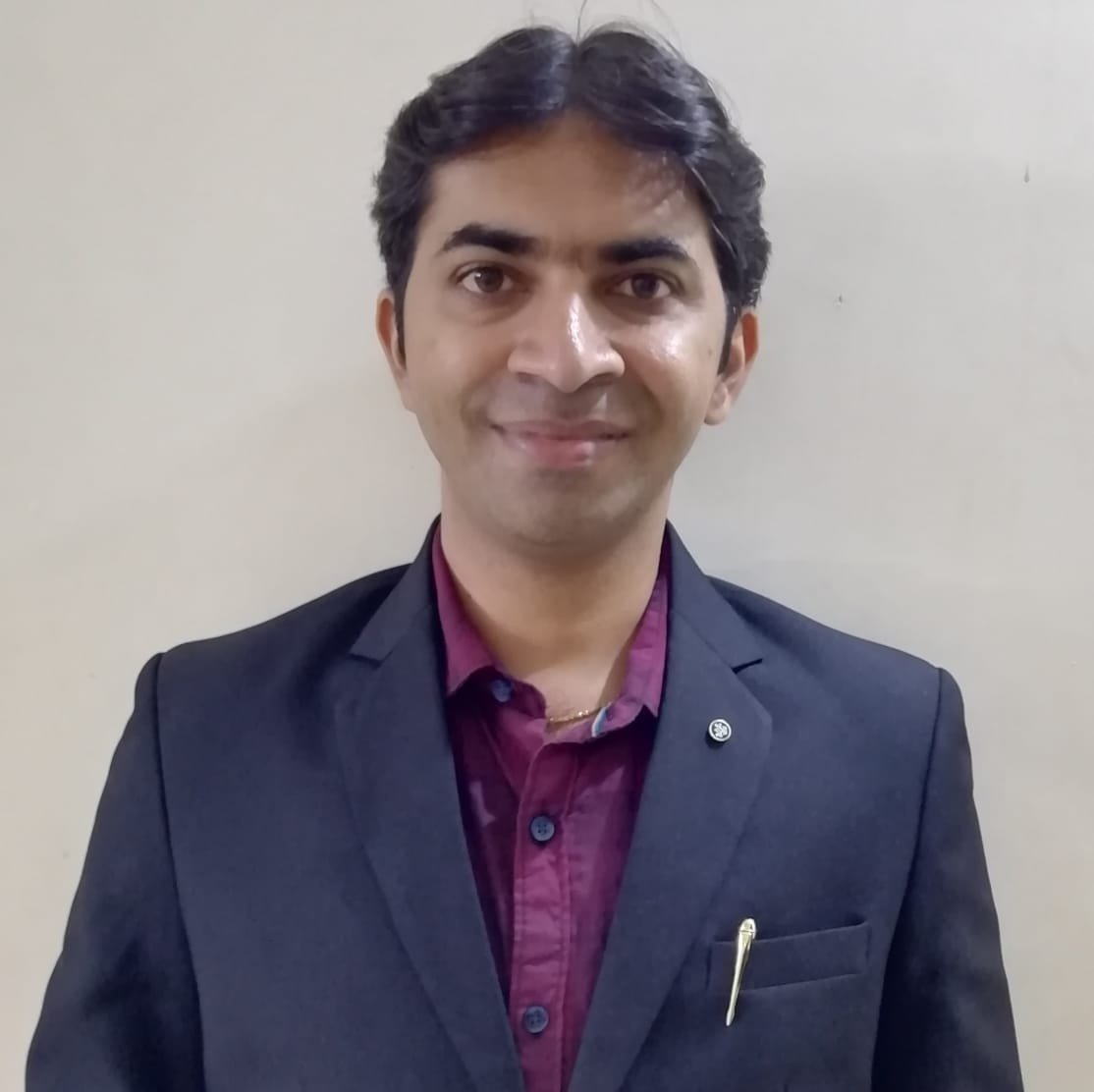
Dr. Vishwajit A. Bhagwat
Head of Department PhD Mechanical Engineering, ME Heat Power, BE Automobile,DME, FPSI
vishwajit333@gmail.com
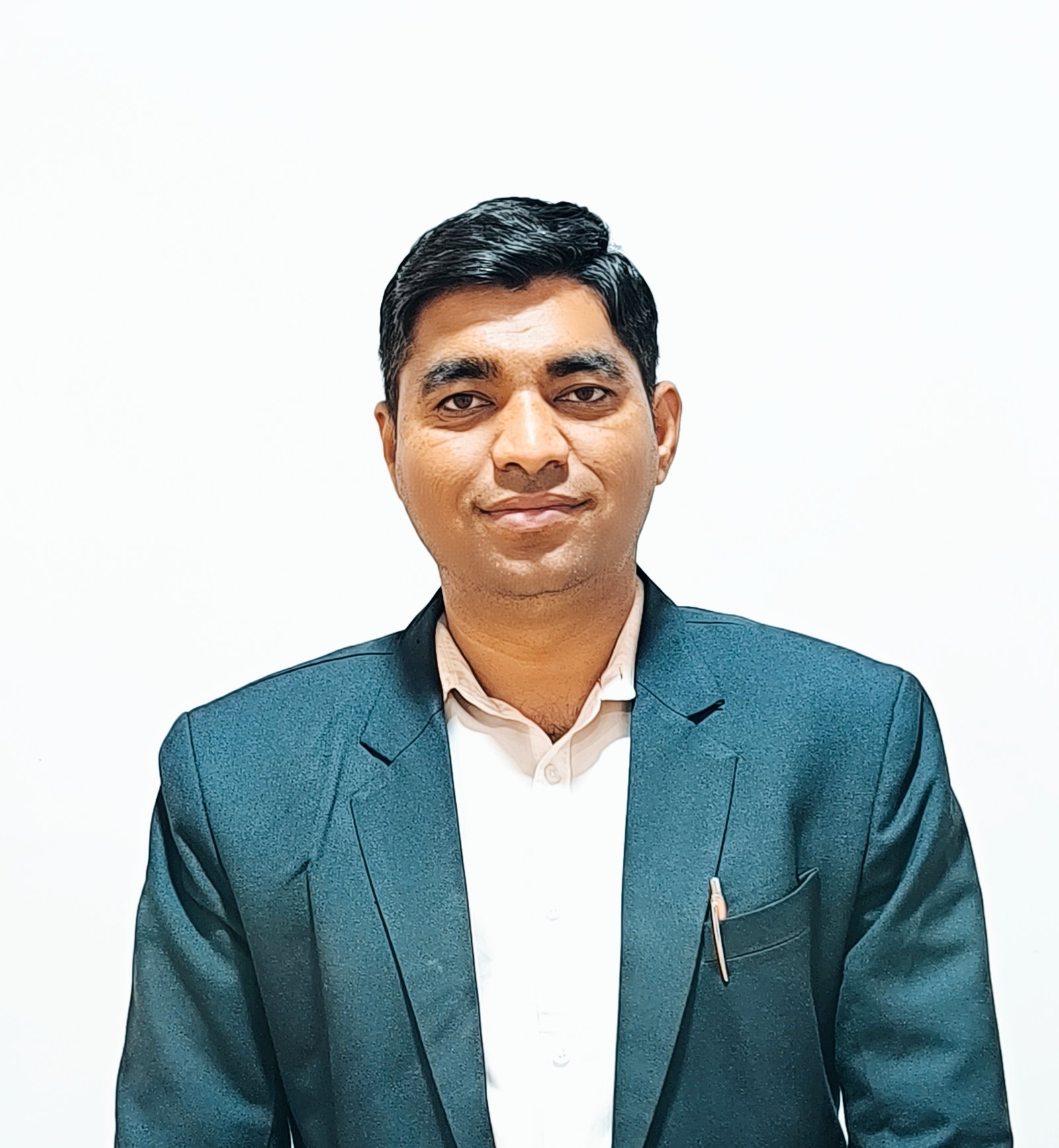
Mr. Amit A. Karanje
Lecturer B.E Mechanical , MBA
amitak.mech007@gmail.com
.jpg)
Mr. Mr. Pradip D. Kashid
Lecturer ME(HPE)- Pursuing
kashidpradip99@gmail.com
.jpeg)
Ms. Pooja K. Bhagat
Lecturer Msc(Organic Chemistry)
poojabhagat141297@gmail.com
.jpeg)
Mr. Shrawan Y. Pakhare
Lecturer BE mechanical ,M.Tech(Heat Power) Pursuing
Shrawan75pakhare@gmail.com
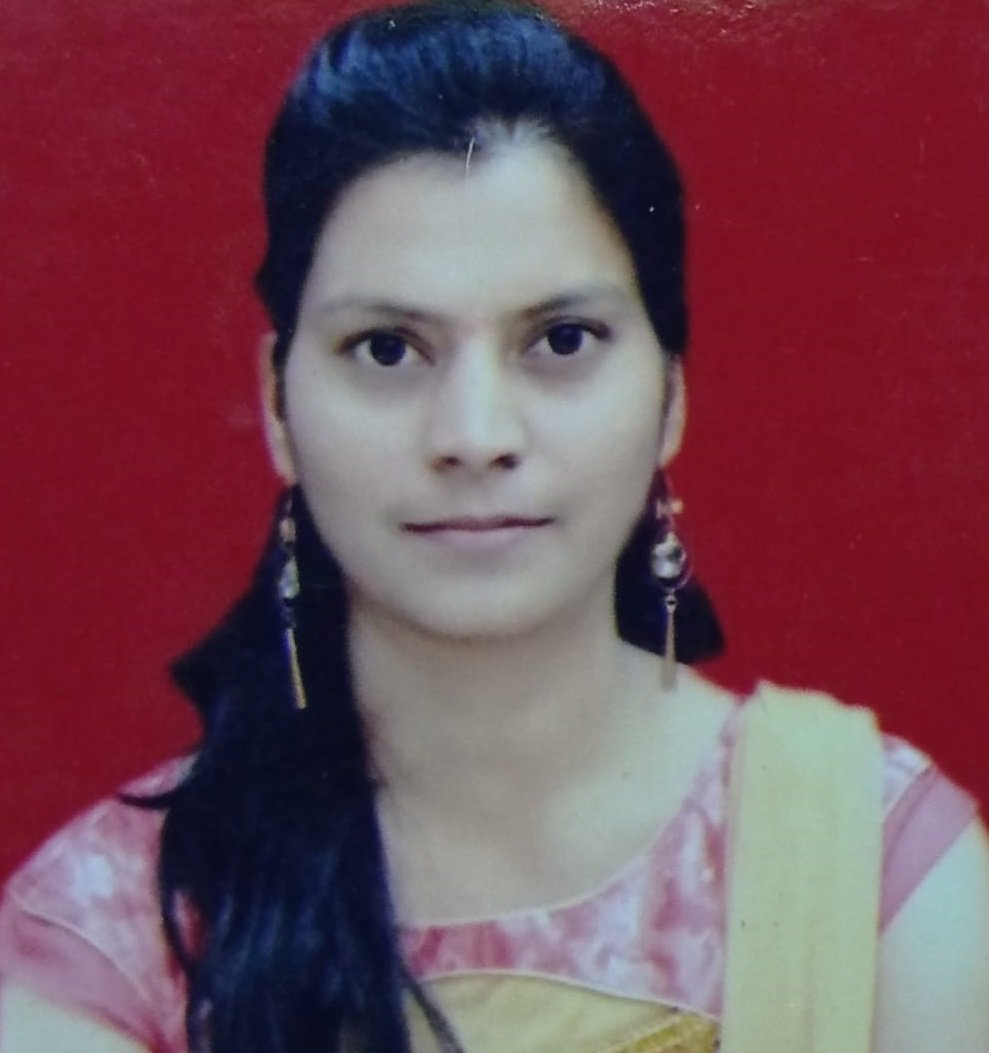
Prof. Nilam S. Nalawade
Lecturer M.Sc B.Ed (Mathematics
nikampriti63@gmail.com
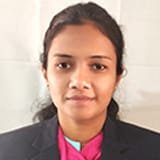
Prof. Aishwarya S. Gurav
Lecturer BE(Mech)
aishwaryagurav78@gmail.com
Prof. Akanksha B. Kadam
Lecturer BE(Mech)
akankshabharatkadam333@gmail.com
.jpg)
Mr. Bharat B. Vyavahare
Lecturer BE(Mech)
bharat.vyavahare@gmail.com
MESA Committee
MESA Committee
Parents Meet
Parents Meet- 08-11-2023
Microproject Competition
Microproject Competition- 17-10-2023
Booklet Competition
Booklet Competition- 31-10-2023
Teachers Day
Teachers Day- 05-09-2023
Handwriting Competition
Handwriting Competition- 12-09-2023


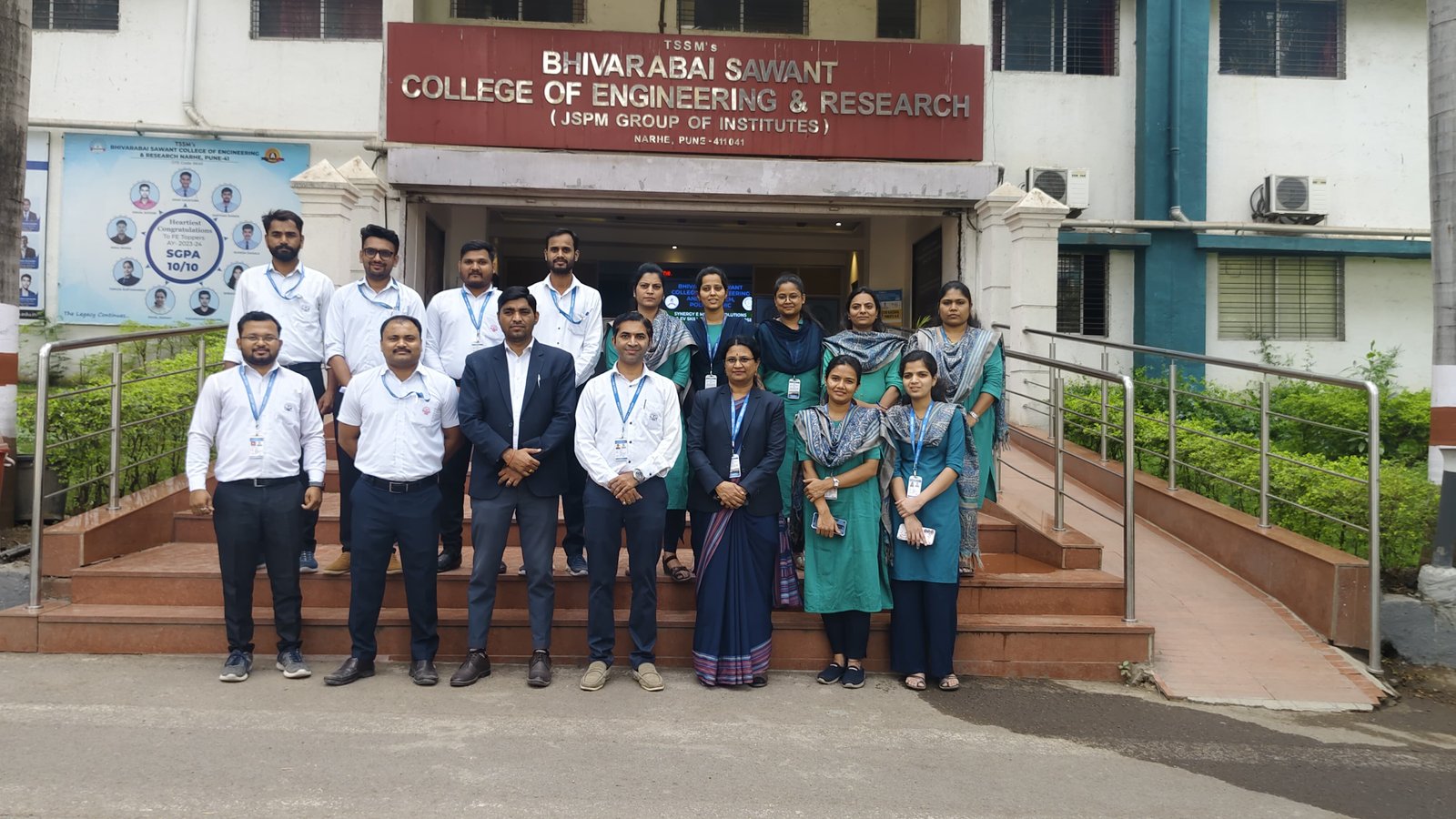

Theory of Machine Laboratory
Equipments
Read More1.Torque transmitting capacity of friction clutch
2.Power transmitting by the Dynamometer
3.Ver ...
Industrial Fluid Laboratory
Equipments
Read More1.Gear Pump Test Rig
2.Advance Hydraulic Traner Kit
3.Pneumatics Trainer Kit (with Air Compress ...
Fluid Mechanics Laboratory
Equipments
Read More1.Pressure measurement Apparatus
2.Bernoulli’s Apparatus
3.Venturimeter
4.Reynolds ...
Thermal Laboratory
Equipments
Read More1.Determination of CV Using Gas calorimeter
2.Bomb Calorimeter
3.Orsat Apparatus
4.Recip ...